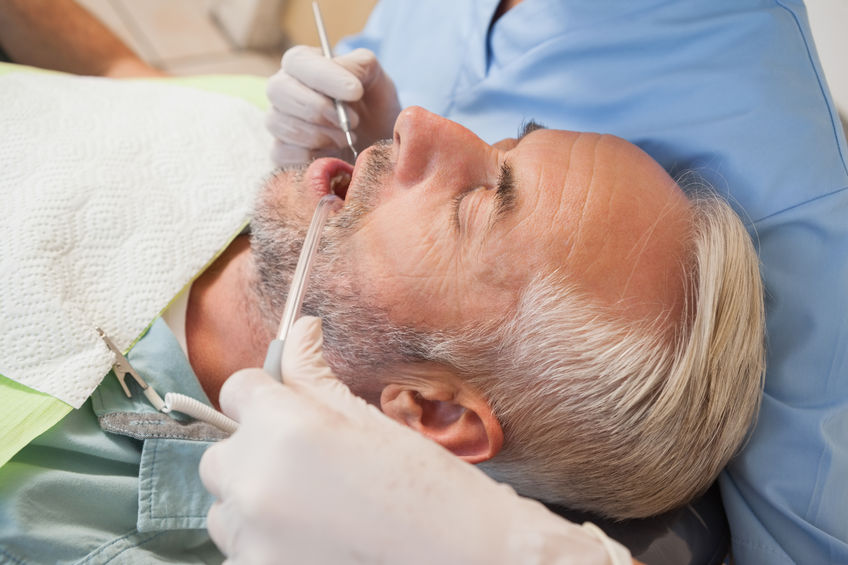
Saliva is often viewed in a negative light. However, it is the mouth’s greatest protectant against cavities. The ability to generate saliva continuously is always beneficial. On the other hand, dry mouth can present a number of oral health issues—especially tooth decay. Occasionally, we have patients that suffer from dry mouth. The following is information that Dr. Rosa Beck and Dr. Christine Lamun share about the risks that are associated with dry mouth and ways to improve this condition.
The Dangers of Dry Mouth
Although many call dry mouth by its common name “cotton mouth,” the professional term is xerostomia. When there is a minimal amount of saliva in the mouth, food particles tend to adhere to teeth and oral tissues. In turn, these food particles invite bacterial growth. Dry mouth has short and long-term effects, including:
- Enamel erosion: As plaque (a sticky film made of sugars and bacteria) forms on teeth, it slowly begins to erode the enamel layer. Enamel is the protective layer of teeth that gives them their white color.
- Tooth staining: Saliva acts as a natural mouthwash. When saliva is minimal, foods and drinks that it would usually wash away remain in the mouth. Hence, food colorings become embedded on enamel resulting in stains.
- Gum disease: Soft tissues including gums require moist environments to stay healthy. When they are dry, they are more susceptible to infections. When gums become infected with bacteria, they become inflamed, weaker, and lose their grip on teeth.
Reducing Dry Mouth
The top three ways to reduce dry mouth is to increase daily water intake, make use of sugarless gum, and use a dry mouth aid such as Biotene or AO provantage gel (found in your dental office). Drinking more water with and between meals can help to alleviate bouts of dry mouth. Also, chewing sugar-free gum will stimulate saliva glands to produce more saliva to balance out the mouth pH level. Dry mouth aids are helpful in more advanced cases of dry mouth and help to lubricate the oral tissues. Moisturizing products have a balanced pH similar to natural saliva allowing for lasting dry mouth symptom relief. Additionally, eliminating snacking between meals can help tremendously as the number of food particles is decreased. This is especially true of nighttime snacking. For additional information or if you think you may be suffering from dry mouth, contact our office.

